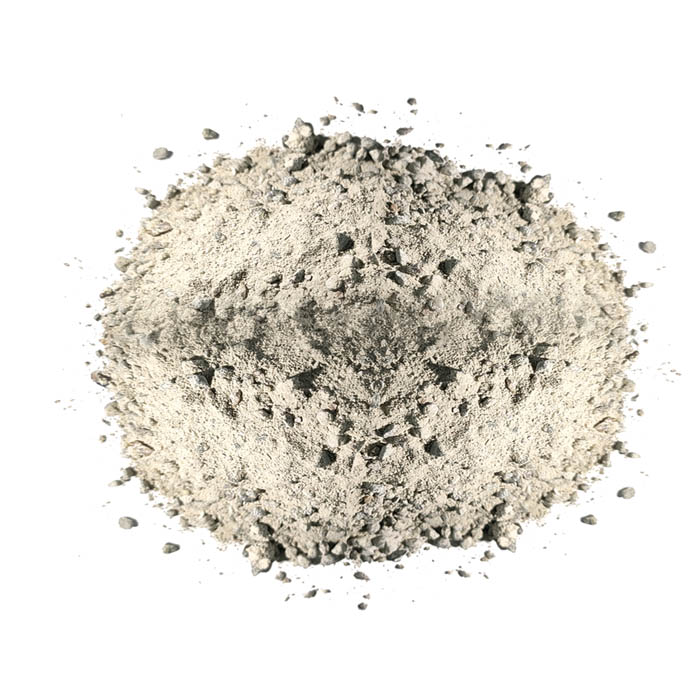Dec . 15, 2024 18:14 Back to list
Insulation Solutions for Pipe Systems from Leading Material Manufacturers
Understanding Piping Insulation Materials A Guide for Manufacturers
In the realm of industrial manufacturing, particularly in sectors involving fluid transport such as oil and gas, power generation, and chemical processing, effective piping insulation is a critical component. Piping insulation materials are designed not only to protect against heat loss but also to ensure safety and improve energy efficiency. For manufacturers in this field, understanding the various types of insulation materials and their applications is essential for delivering quality products that meet industry standards and customer needs.
The Importance of Piping Insulation
Piping insulation serves several pivotal functions. Primarily, it minimizes heat transfer between the pipe and its surrounding environment, preventing both heat loss in hot pipes and heat gain in cold pipes. This is crucial for maintaining the efficiency of thermal systems, reducing energy consumption, and ultimately lowering operational costs. In addition, properly insulated piping systems help to prevent condensation, which can lead to corrosion and other forms of damage over time.
Types of Piping Insulation Materials
1. Fiberglass Insulation One of the most commonly used insulation materials, fiberglass insulation consists of tiny glass fibers that provide excellent thermal resistance. This lightweight material is easy to handle and install, making it a popular choice for both residential and industrial applications. Its ability to withstand high temperatures (up to 1000°F or 537°C) makes it suitable for steam pipes and hot water systems.
2. Mineral Wool Known for its impressive fire resistance, mineral wool insulation is derived from natural or recycled materials. This type of insulation is not only effective at thermal insulation but also has sound-dampening properties, making it an ideal choice for piping systems that may generate noise. Furthermore, it can withstand high temperatures, making it suitable for industrial applications.
3. Foam Insulation Rigid foam insulation, typically made of polyisocyanurate or polyurethane, offers high thermal resistance with a lower thickness compared to fiberglass. This makes it a space-saving option, ideal for tight installations. Foam insulation is particularly effective for chilled water applications, as it helps prevent condensation and maintains efficient operational temperatures.
piping insulation materials manufacturer

4. Rubber Insulation Flexible and easy to install, rubber insulation is often used for heating, cooling, and domestic hot water piping systems. It has excellent flexibility, enabling it to fit snugly around pipes easily, which minimizes heat bridging. Additionally, rubber insulation is resistant to moisture, preventing mold and mildew growth.
5. Reflective Insulation Reflective or radiant barrier insulation is designed to reflect radiant heat away from the pipes, making it an effective option for applications exposed to high-temperature environments. This type of insulation is often used in conjunction with other materials to enhance overall thermal performance.
Manufacturing Considerations
When selecting piping insulation materials, manufacturers must consider various factors, including thermal performance, fire resistance, moisture control, ease of installation, and the specific application it is intended for. Additionally, manufacturers should remain vigilant regarding regulatory requirements and standards in insulation material production. These standards ensure that the materials not only perform effectively but also meet safety guidelines.
Moreover, manufacturers should emphasize sustainability in their product lines. As the industry shifts towards more eco-friendly practices, using recycled or sustainable materials can enhance a manufacturer’s market appeal and responsiveness to consumer demand.
Conclusion
In summary, the choice of piping insulation materials plays an integral role in the efficiency and longevity of piping systems across various industries. Manufacturers must stay informed about the types of insulation available, their respective benefits and limitations, and the evolving regulations that govern their use. By understanding these dynamics, manufacturers can deliver reliable, effective, and compliant insulation solutions that meet the demands of their clients and contribute to a more sustainable future. Investing in high-quality piping insulation not only enhances performance but also drives energy savings and safety in industrial applications.
-
Eco-Friendly Granule Covering Agent | Dust & Caking Control
NewsAug.06,2025
-
Fe-C Composite Pellets for BOF: High-Efficiency & Cost-Saving
NewsAug.05,2025
-
Premium Tundish Covering Agents Exporters | High Purity
NewsAug.04,2025
-
Fe-C Composite Pellets for BOF | Efficient & Economical
NewsAug.03,2025
-
Top Tundish Covering Agent Exporters | Premium Quality Solutions
NewsAug.02,2025
-
First Bauxite Exporters | AI-Optimized Supply
NewsAug.01,2025
